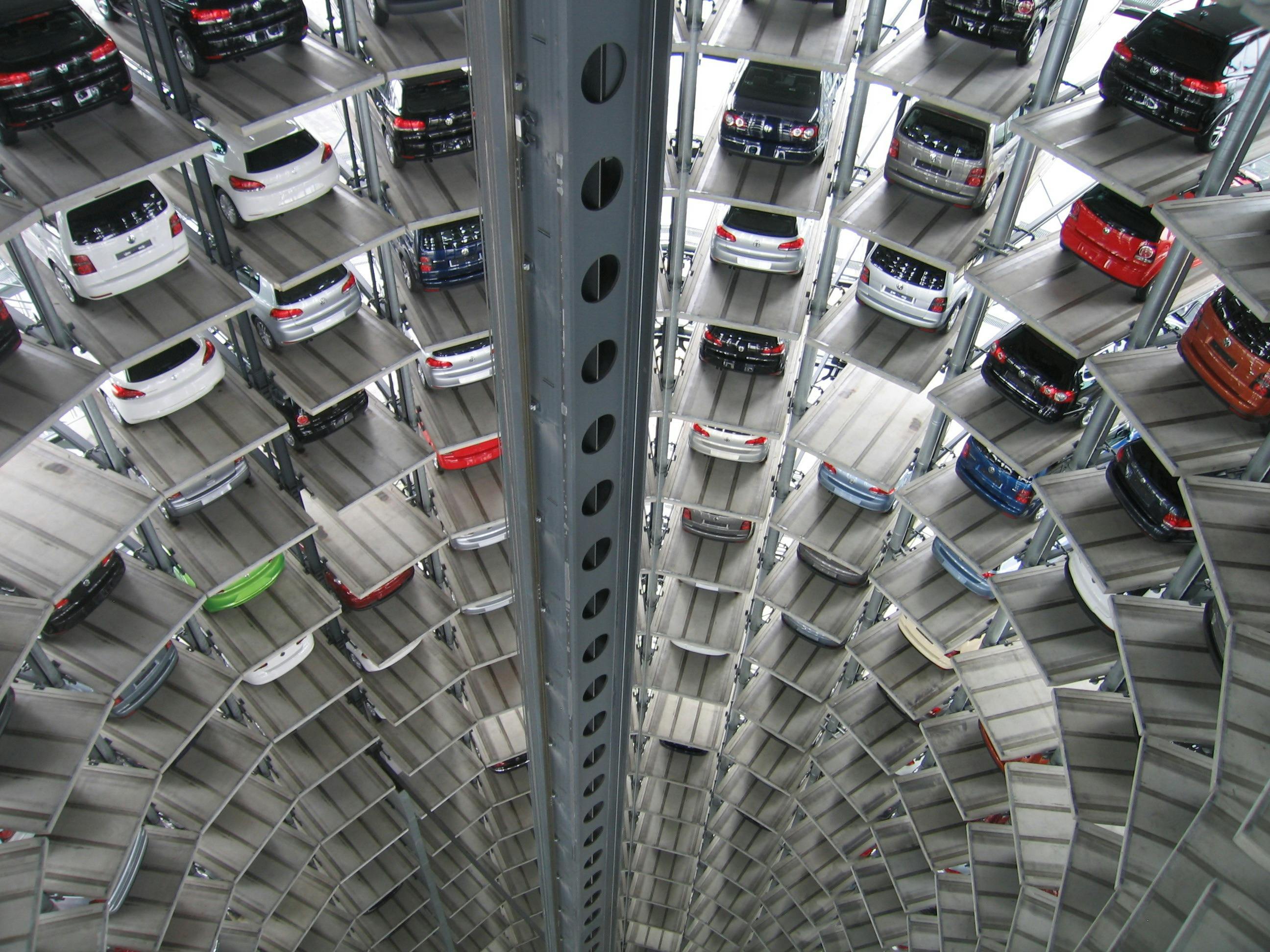Navigating the World of Automotive Technology: Innovations and Trends
The automotive industry is constantly evolving, with new technologies and innovations shaping the way we drive and interact with our vehicles. From electric powertrains to advanced driver assistance systems, the landscape of automobiles is rapidly changing. This article explores some of the latest developments in automotive technology, their impact on the industry, and what consumers can expect in the coming years.

What are the key trends in automotive technology?
The automotive sector is experiencing a significant shift towards electrification, automation, and connectivity. Electric vehicles (EVs) are becoming increasingly popular, with major manufacturers investing heavily in battery technology and charging infrastructure. Autonomous driving features are also advancing, with many new vehicles offering various levels of driver assistance. Additionally, connected car technologies are enhancing the driving experience through improved infotainment systems, over-the-air updates, and integration with smart devices.
How are electric vehicles reshaping the auto industry?
Electric vehicles are at the forefront of automotive innovation, offering zero-emission transportation and reduced dependence on fossil fuels. As battery technology improves, EVs are becoming more affordable and practical for everyday use. Many countries are also implementing policies to encourage EV adoption, such as tax incentives and plans to phase out internal combustion engine vehicles. This shift is prompting traditional automakers to adapt their strategies and invest in electric vehicle development to remain competitive in the changing market.
What advancements are being made in autonomous driving?
Autonomous driving technology is progressing rapidly, with various levels of automation already available in many vehicles. Advanced driver assistance systems (ADAS) such as adaptive cruise control, lane-keeping assist, and automatic emergency braking are becoming standard features in new cars. While fully autonomous vehicles are not yet widely available for consumer use, companies are conducting extensive testing and development to bring this technology to market safely and reliably.
How is connectivity transforming the automotive experience?
Connected car technology is revolutionizing the way drivers interact with their vehicles and the world around them. Modern infotainment systems offer seamless integration with smartphones, allowing for easy access to navigation, music streaming, and communication features. Vehicle-to-everything (V2X) communication is also being developed, enabling cars to interact with infrastructure, other vehicles, and pedestrians to improve safety and traffic flow. Additionally, over-the-air updates allow manufacturers to enhance vehicle functionality and fix issues without requiring a visit to the dealership.
What emerging technologies are shaping the future of automobiles?
Several cutting-edge technologies are poised to impact the automotive industry in the coming years. Artificial intelligence is being integrated into various vehicle systems to enhance performance, safety, and user experience. Augmented reality displays are being developed to provide drivers with real-time information directly on the windshield. Advanced materials, such as carbon fiber and nanomaterials, are being used to create lighter, stronger, and more efficient vehicles. Additionally, research into alternative fuel sources like hydrogen fuel cells continues to progress, potentially offering another sustainable option for future vehicles.
How are these innovations impacting vehicle safety and efficiency?
Automotive technologies are significantly improving both safety and efficiency in modern vehicles. Advanced driver assistance systems are helping to reduce accidents by alerting drivers to potential hazards and even taking corrective action when necessary. Electric and hybrid powertrains are increasing fuel efficiency and reducing emissions, while lightweight materials and aerodynamic designs are further improving energy consumption. Connected car technologies are also contributing to safety by providing real-time traffic and weather information, helping drivers make informed decisions on the road.
As the automotive industry continues to evolve, consumers can expect to see a wide range of innovative features and technologies in new vehicles. From electric powertrains to advanced driver assistance systems, these developments are reshaping the driving experience and paving the way for a more sustainable and connected future of transportation.
The rapid pace of innovation in the automotive sector is transforming vehicles from simple modes of transportation into sophisticated, technologically advanced machines. As these technologies continue to mature and become more widely adopted, they have the potential to revolutionize not only personal transportation but also the broader landscape of urban planning, energy consumption, and environmental sustainability. The future of automotive technology promises to be both exciting and transformative, offering new possibilities for safer, cleaner, and more efficient mobility.
The shared information of this article is up-to-date as of the publishing date. For more up-to-date information, please conduct your own research.




